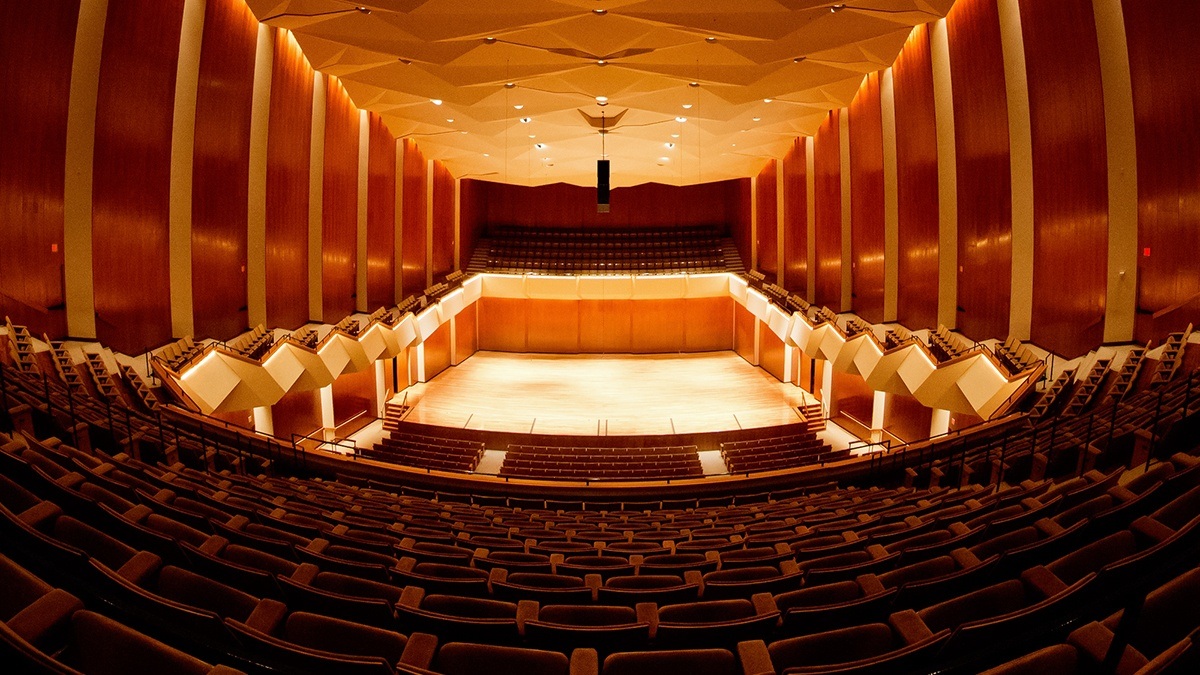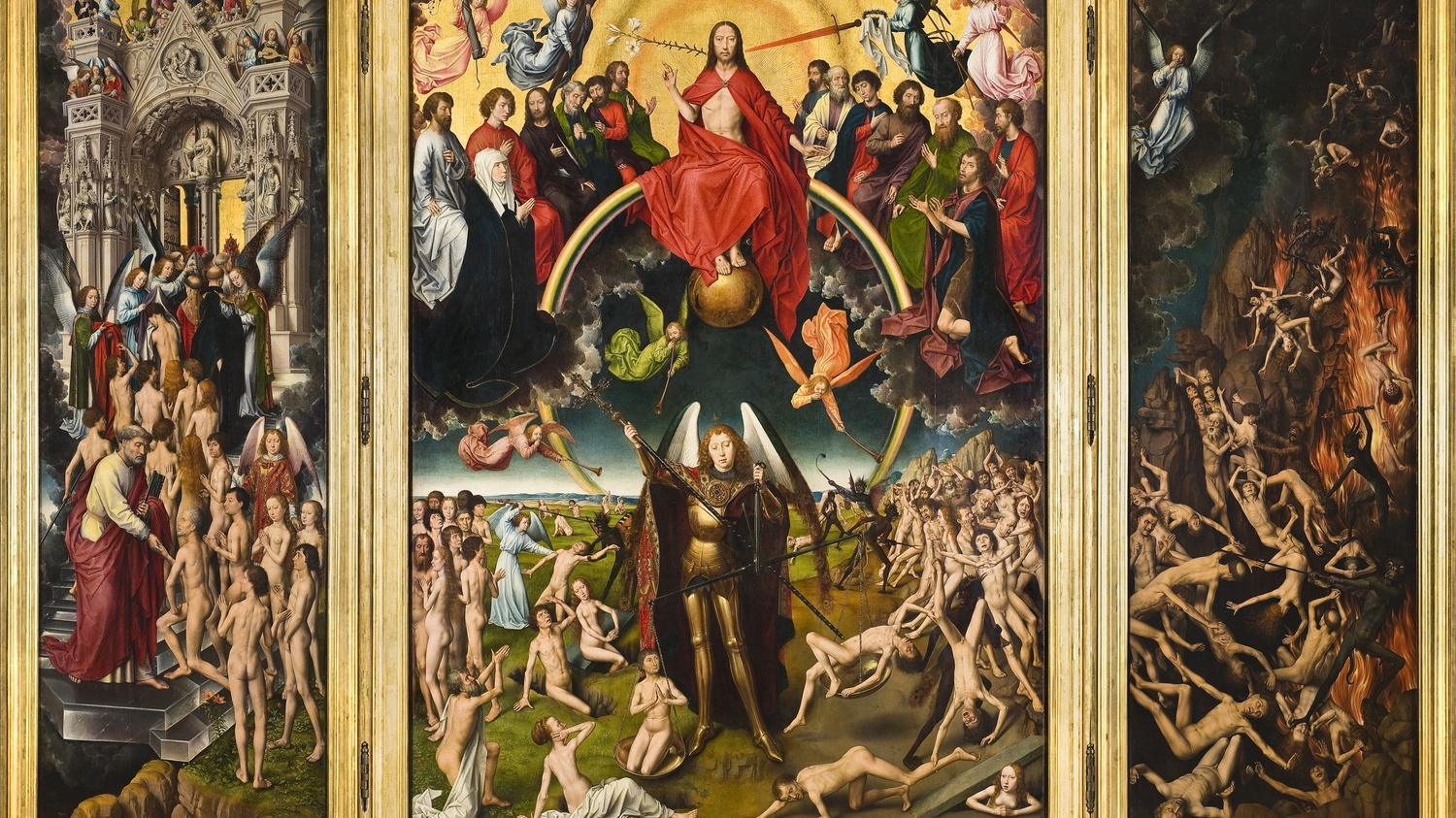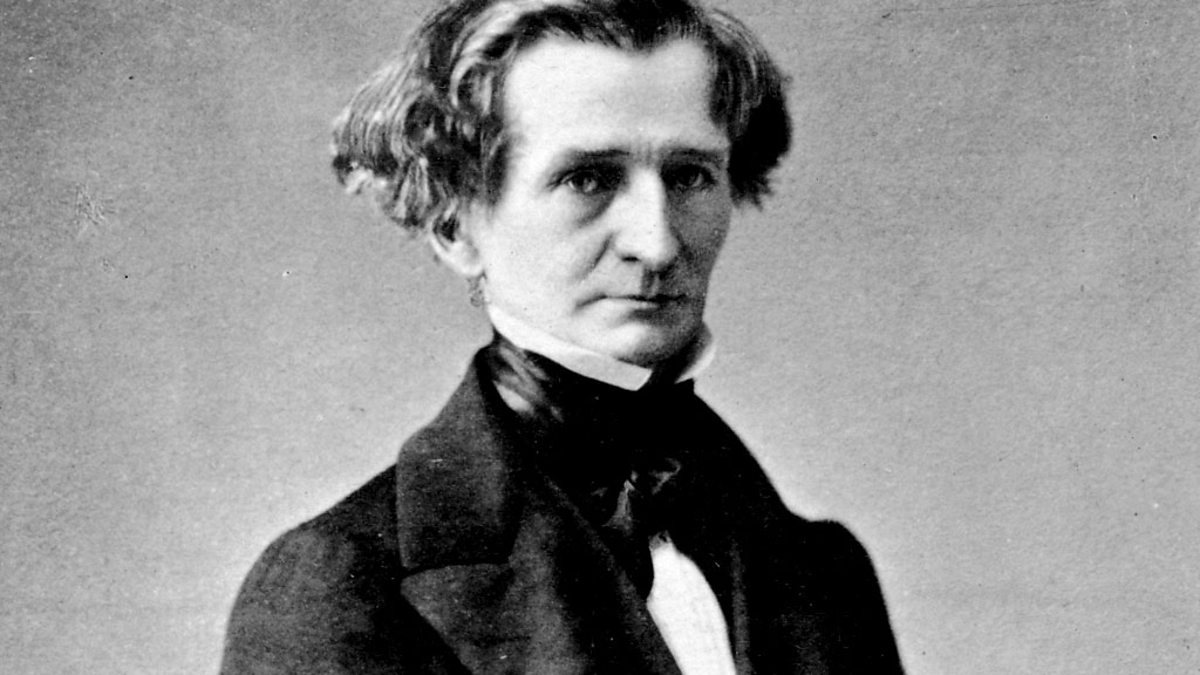Illinois’ Krannert Center for the Performing Arts Turns 50
As a child, I spent a year and many succeeding summers at the University of Illinois in Urbana-Champaign, where my father was a student of trombone professor Dr. Robert Gray. Some of my most vivid memories include attending concerts at the University’s Krannert Center for the Performing Arts, where as a 9-year-old, I heard the Chicago Symphony and the Cleveland Orchestra, as well as the University’s fine student ensembles. This weekend, the …



